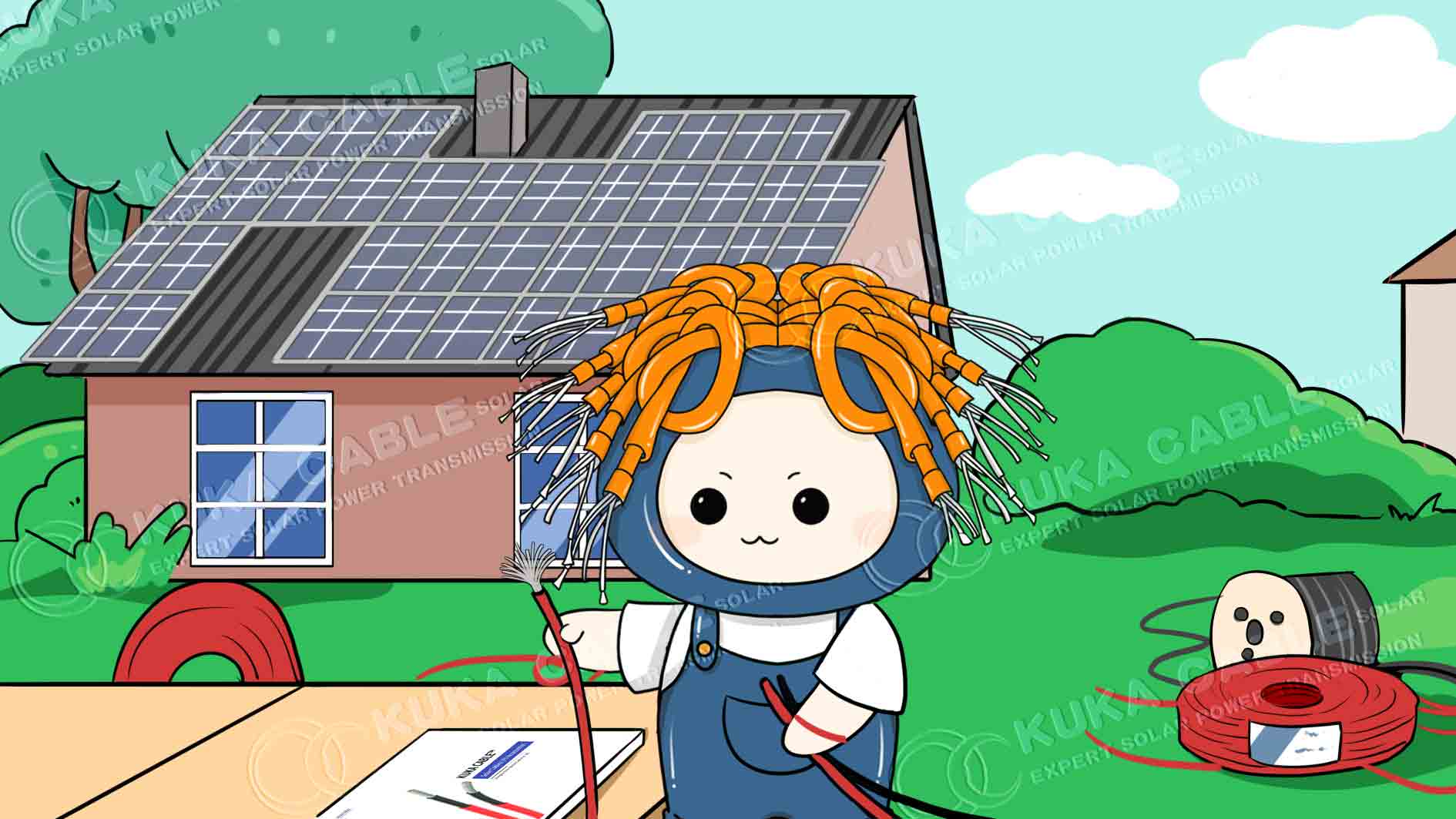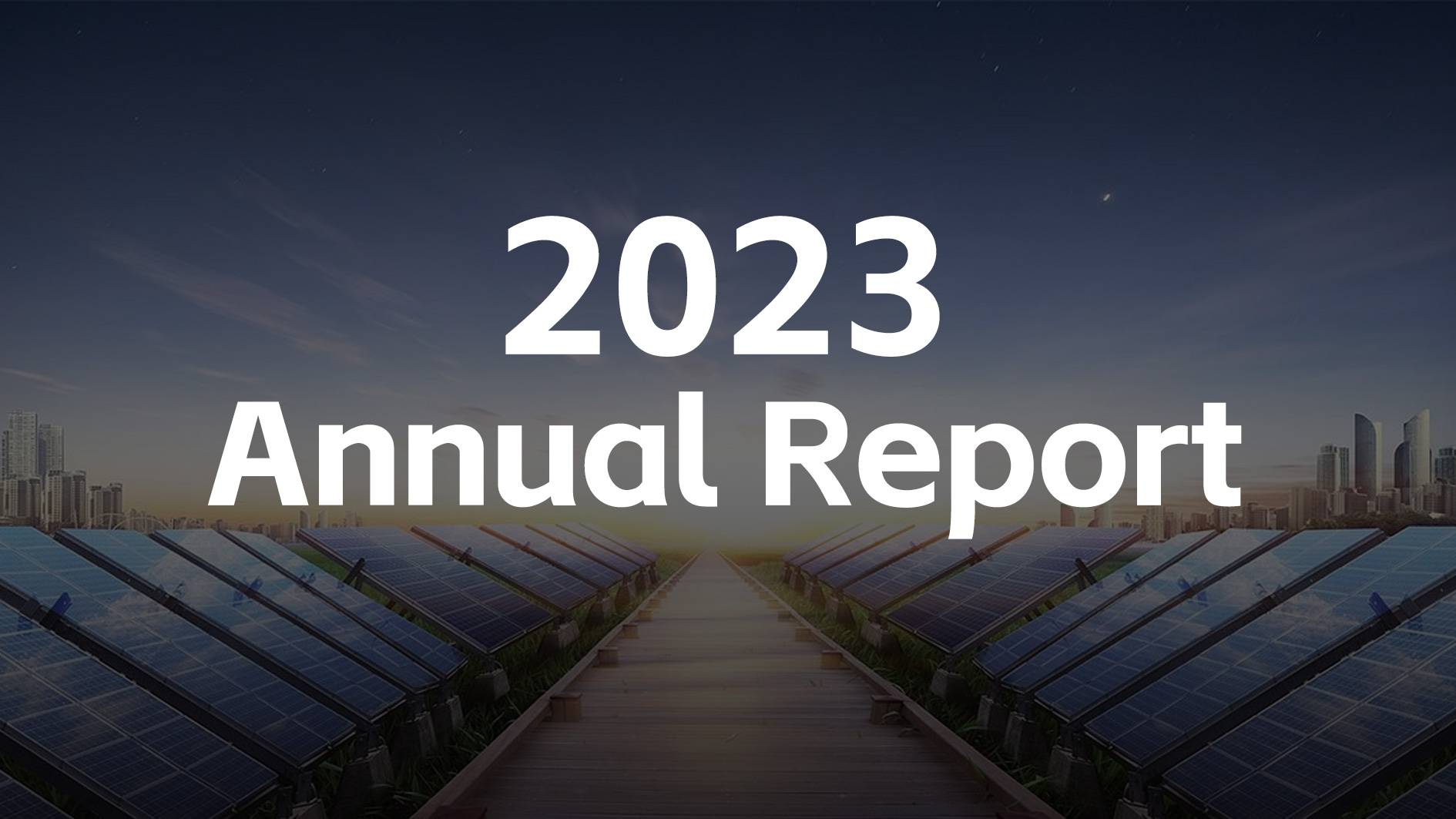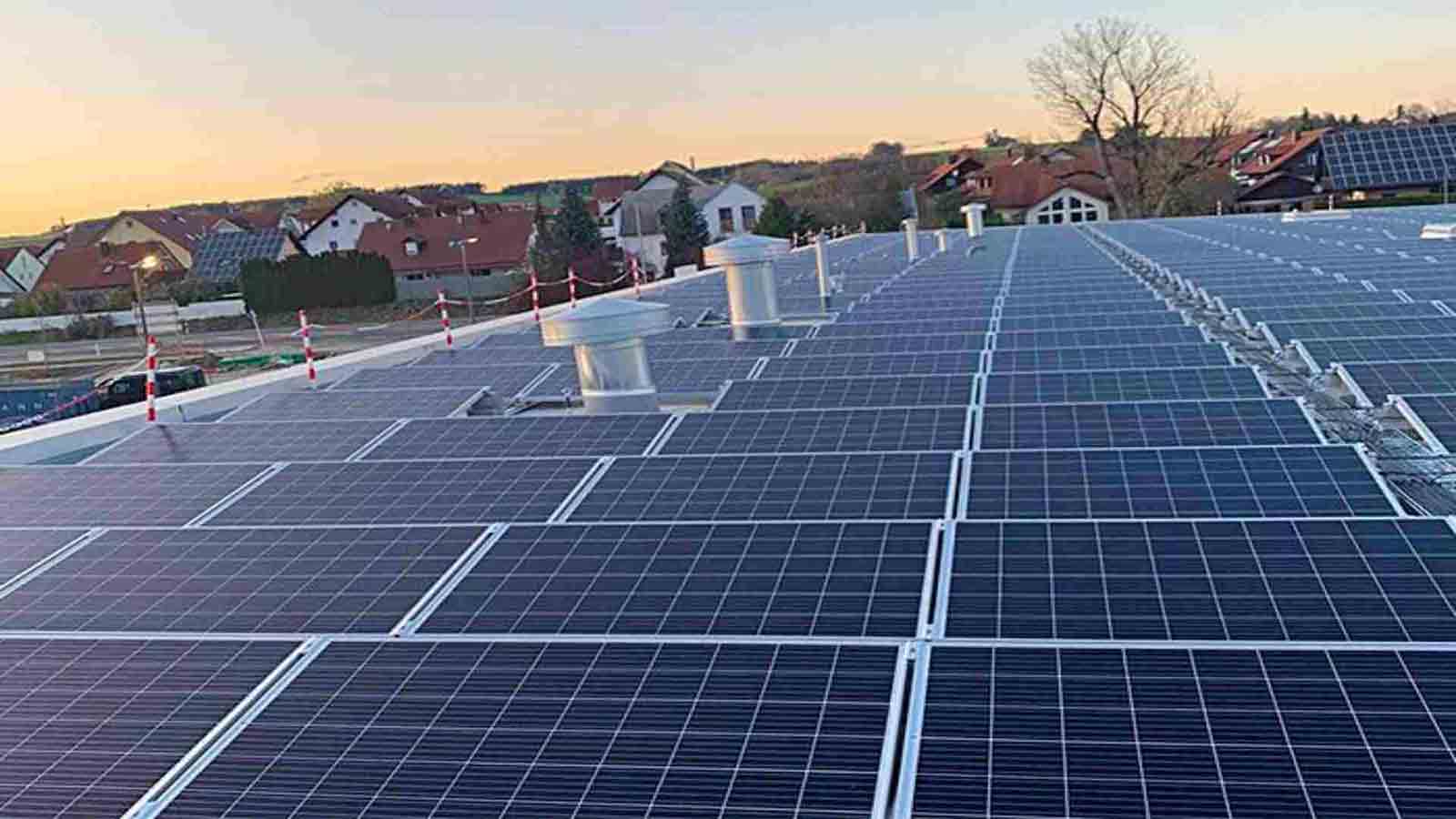Minimal Land Required for Renewable Energy Expansion in Europe
JULY 26ST,2024
The European Environment Bureau (EEB) has stated that achieving climate neutrality by 2040 with solar and wind energy projects will only require 2.2% of the European Union's land. This indicates that the EU has sufficient land resources to expand renewable energy projects without impacting food production or natural environments.
In its report, "Renewable Energy Land: A Brief on Space Requirements for Europe's Sustainable Energy Transition," the EEB highlights that the current and planned solar and wind energy projects will need 2.2% of the EU's total land area to phase out fossil fuels and nuclear energy. This analysis, based on existing data sets and EU documents, uses preliminary territorial analysis by the EU Joint Research Centre, estimating that 5.2% of EU land is suitable for renewable energy projects.
The report reveals that the most suitable land for solar installations is in rural areas, excluding regions with high natural or agricultural value. Rural areas account for 78% of ground-mounted solar installations. The study concludes that urban and industrial areas alone cannot meet all of Europe's solar energy needs.
Much of the suitable land for rural development consists of degraded agricultural land with low productivity and high abandonment risk. These lands offer opportunities to revitalize local economies, support communities, and create jobs. The report also notes that agrivoltaic systems can coexist with agriculture and nature, calling for clear standards to promote and prioritize the adoption of agrivoltaic systems in these rural areas.
The European Energy Commission emphasizes that interconnectivity and solidarity among EU countries are crucial to realizing the renewable energy potential outlined in the report. For instance, Germany and Italy face relative land constraints, while Spain and Romania have ample surplus land. The establishment of a European interconnected supergrid is deemed essential to address these disparities.
"Renewable energy can flourish without compromising food supply or natural habitats. Evidence shows that Europe has ample land for sustainably expanding renewable energy, particularly in rural areas, excluding regions rich in biodiversity and productive agricultural land," said Cosimo Tansini, Renewable Energy Policy Officer at the European Energy and Environmental Policy Commission. "By adopting participatory processes and robust mitigation measures to minimize environmental impact, we can leverage renewable energy to restore land, benefit communities, and support rural economies."


















